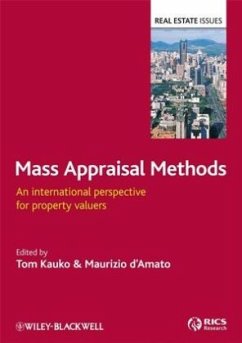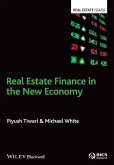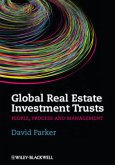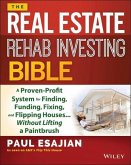This book takes a cross-disciplinary and cross-cultural approach to understanding the problem of advancing mass appraisal methods/expertise from both points of view: the scientific debate and the practical feasibility. It evaluates heretic and orthodox methods based on a set of specific criteria, partly technical/practical and partly institutional. The authors establish an international platform for broader networking.
The issue of methodological evaluation is approached using two types of criteria: one is the operational concerns about how to determine value differentials between spatial and functional units of land and real estate in a valid and reliable way (technical criteria); the other is the kind of market circumstances we are operating in (institutional criteria). While the former issue is relatively well-researched, little theoretically informed work on the connection between country-context and selection of appraisal method exists.
The book starts with an examination of current mass appraisal practices. Case studies from completely different market circumstances and data availability situations are provided: the American and Dutch, where regression-based methods have been used successfully for about 50 years, and the Eastern European emerging economy, where limitations have to be compensated by focusing on the modelling assumptions.
The second part of the book looks at sophisticated modelling approaches - orthodox and heretic - some of which represent hybridizations (i.e. combinations of elements from two or more techniques). Regardless of the exact modelling approach, the requirements are always high for the quality of the data and the suitability of the method. The real problem might however lie in the methodological underpinnings involving value theory. It may be that unidentified, and spatially unevenly distributed externalities caused by technical and political changes need to be corrected for in order to guarantee the sustainability of future valuations, which prompts us to look at the value as a multidimensional concept.
Finally, the methods are evaluated and compared according to technical criteria and against institutional contexts.
Hinweis: Dieser Artikel kann nur an eine deutsche Lieferadresse ausgeliefert werden.
The issue of methodological evaluation is approached using two types of criteria: one is the operational concerns about how to determine value differentials between spatial and functional units of land and real estate in a valid and reliable way (technical criteria); the other is the kind of market circumstances we are operating in (institutional criteria). While the former issue is relatively well-researched, little theoretically informed work on the connection between country-context and selection of appraisal method exists.
The book starts with an examination of current mass appraisal practices. Case studies from completely different market circumstances and data availability situations are provided: the American and Dutch, where regression-based methods have been used successfully for about 50 years, and the Eastern European emerging economy, where limitations have to be compensated by focusing on the modelling assumptions.
The second part of the book looks at sophisticated modelling approaches - orthodox and heretic - some of which represent hybridizations (i.e. combinations of elements from two or more techniques). Regardless of the exact modelling approach, the requirements are always high for the quality of the data and the suitability of the method. The real problem might however lie in the methodological underpinnings involving value theory. It may be that unidentified, and spatially unevenly distributed externalities caused by technical and political changes need to be corrected for in order to guarantee the sustainability of future valuations, which prompts us to look at the value as a multidimensional concept.
Finally, the methods are evaluated and compared according to technical criteria and against institutional contexts.
Hinweis: Dieser Artikel kann nur an eine deutsche Lieferadresse ausgeliefert werden.








